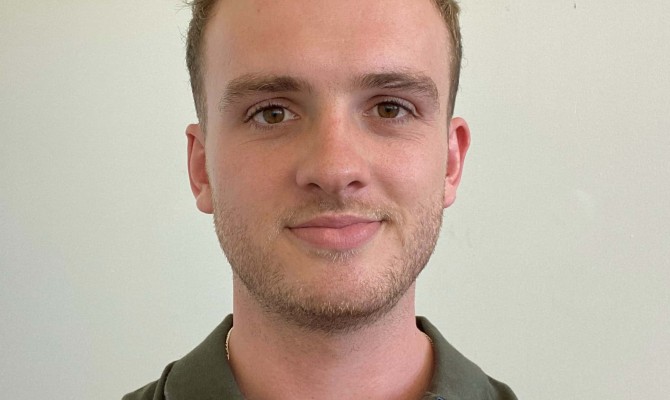Do You Need Physio Before ACL Surgery?
Here’s What You Should Know
8 Aug 2025
3 Oct 2025

Physios complete a four-year degree before they can practise. The first three years are focused on theory, anatomy, and treatment techniques, and the final year is spent on placement in different areas of physio. By the time we graduate, we have already worked with people across a range of conditions.
Many physios then go on to specialise or keep upskilling, whether that’s in sports, neurological rehab, pelvic health, or other areas. So while we all start with the same training, you’ll often find physios with specific areas of interest.
Physio is about treating the whole person, not just the injury. For example, if someone comes in with a sore ankle, I will look at the ankle itself, but I will also ask about their footwear, their training load, how they warm up, and even things like stress or sleep. For me, it is never just about fixing the pain in front of me. It is also about helping someone understand what is going on and giving them tools to feel and stay better.
Sometimes physio gets confused with other professions. The difference is that physiotherapists are degree-trained, ACC-recognised health professionals who use an evidence-based approach. We take a wide view.
So if you come in with back pain, I will not only treat your spine. I will check your posture, your strength, your mobility, and the demands of your daily life. Often the solution is a mix of hands-on treatment, recommended exercises to build strength or release tension, and lifestyle tweaks.
Physiotherapy covers a huge range. We work with:
It is not just for athletes. A lot of people who come to see me are dealing with everyday pain that has been bothering them for years.
Your first session usually starts with a chat. I want to know what is bothering you, how it started, what makes it worse, and how it affects your life. Then I will do an assessment to see how you move, where you are strong, and where you might be tight or restricted.
From there, we make a plan together. That usually includes some treatment in the session, like massage or mobilisation, and some exercises to do at home. I will also explain what to expect and how long recovery might take.
It is not just me doing the work, it is a team effort. The more you put in, the better the results.
Not at all. We also help with prevention and preparation. Some people come to see us before a marathon, before surgery, or during a busy work season. The idea is to get the body ready, reduce the risk of injury, and keep you performing at your best.
No, you do not need a GP referral to see a physio. You can book directly. If your injury is covered by ACC, we can even lodge the claim for you. That means you can skip the extra step and get into treatment sooner.
The best part of this job is seeing people get back to the things that matter to them. That could be a rugby player returning to the field, or someone being able to walk the dog without pain again.
Every patient is different, and every recovery journey is different. That variety keeps the work interesting and rewarding.
Booking an appointment is simple. You can book online, give us a call, or pop into your local Habit Health physiotherapy clinic and make an appointment. We will match you with the right physio for your needs, and if it is something more specialised, we will point you in the right direction.